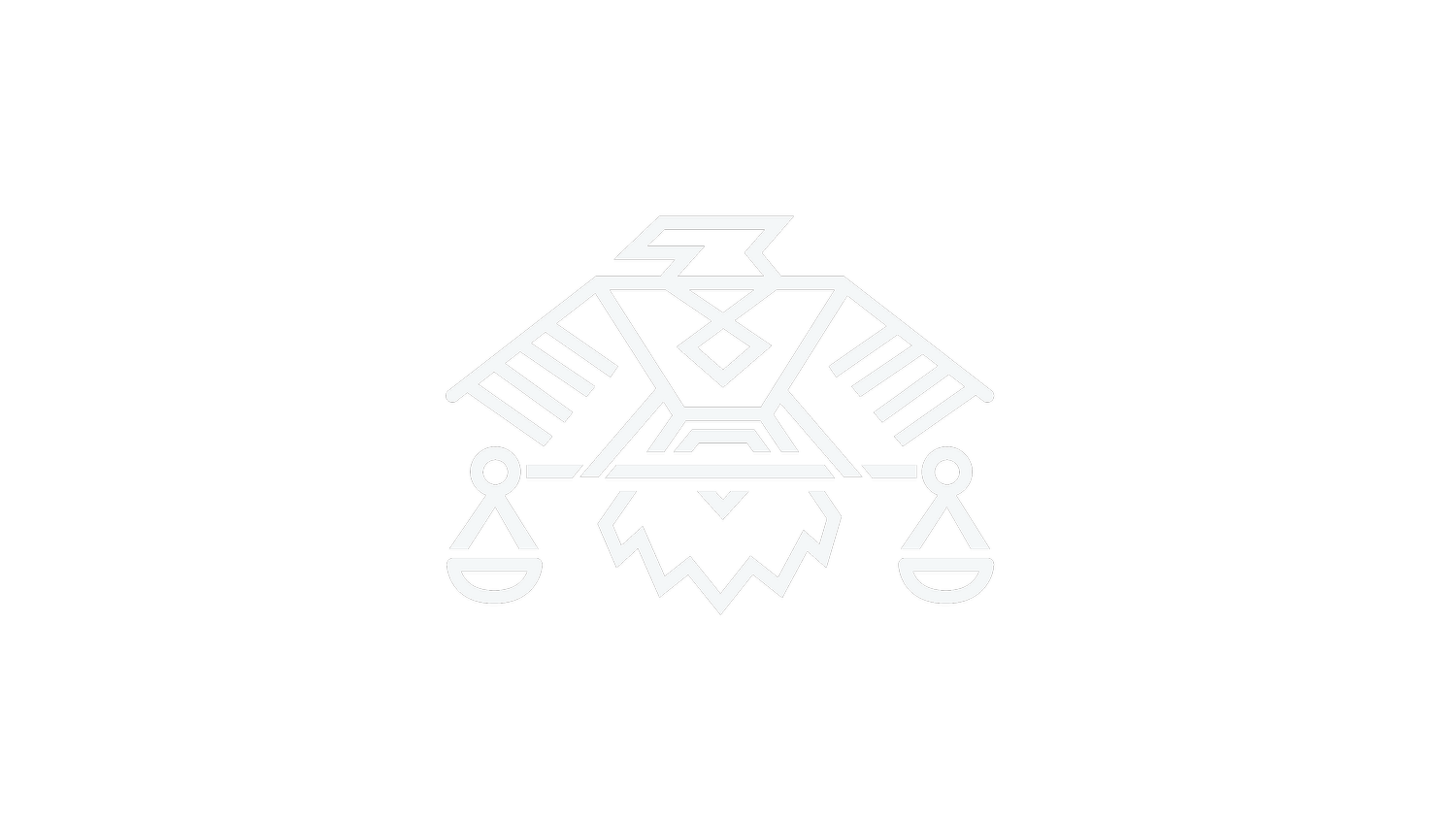Indigenous Bar Association Cautions Against Fear-Mongering Following Landmark Cowichan Decision
The Indigenous Bar Association in Canada (“IBA”) commends the British Columbia Supreme Court’s landmark decision in Cowichan Tribes v Canada (Attorney General), 2025 BCSC 1490, which affirms the Cowichan’s Aboriginal title to the Lands of Tl’uqtinus and their Aboriginal right to fish the south arm of the Fraser River. This historic judgment represents an important step forward in the ongoing evolution of Aboriginal title jurisprudence and the constitutional recognition of Indigenous land and resource rights in Canada.
The IBA urges all governments, institutions, and the public to approach this decision in the spirit of reconciliation and cautions that reconciliation cannot be paused, it must be practiced.
Recent public statements suggesting that reconciliation efforts should be “paused” in response to this decision are deeply troubling and inconsistent with Canada’s constitutional and moral obligations. Reconciliation is not a discretionary policy objective, but rather it is constitutionally grounded in section 35 of the Constitution Act, 1982, the United Nations Declaration on the Rights of Indigenous Peoples, and the honour of the Crown.
“The Cowichan decision underscores that Aboriginal title is not theoretical — it is a legal reality, long recognized by the Supreme Court of Canada,” said Ajay Winterburn, President of the Indigenous Bar Association. “Reconciliation cannot be ‘paused’ when the courts affirm what Indigenous Nations have known all along: that these lands were never lawfully surrendered or extinguished.”
The Court’s 863-page decision is the result of more than 500 days of evidence and over a decade of litigation and confirms that Aboriginal title can coexist with fee simple interests and that provincial Crown grants made without proper authority cannot displace or extinguish constitutionally protected Aboriginal title. Importantly, the Court also held that the Crown’s historical grants and ongoing activities unjustifiably infringed Cowichan title and that both Canada and British Columbia have a duty to negotiate in good faith to reconcile those interests.
The IBA emphasizes that the proper response to this decision is not alarm, but action: good faith negotiation, respectful dialogue, and a renewed commitment to the constitutional framework of reconciliation envisioned by section 35.
“Fear-based narratives undermine public confidence in the rule of law and erode the hard-won progress of Indigenous peoples toward justice,” said Ajay Winterburn. “True reconciliation requires courage in the face of transformative decisions.”
The Indigenous Bar Association stands in solidarity with Cowichan Tribes, Stz’uminus First Nation, Penelakut Tribe, Halalt First Nation, and their leadership and legal teams who carried this case forward with strength and integrity. The IBA will continue to advocate for clarity, education, and principled engagement in the wake of this decision and cautions governments against using litigation outcomes as an excuse to stall reconciliation.
The Indigenous Bar Association (IBA) is a national non-profit organization representing Indigenous (First Nation, Métis, and Inuit) lawyers (practicing and non-practicing), judges, legal academics and scholars, articling clerks and law students, including graduate and post-graduate law students and paralegals in Canada. The IBA’s mandate includes, inter alia, advocating for the recognition of Indigenous laws, legal traditions, protocols and processes; promoting the reform of policies and laws affecting Indigenous peoples in Canada; and fostering public awareness within the legal community in respect of legal and social issues of concern to Indigenous peoples in Canada. For more information, please visit www.indigenousbar.ca.

